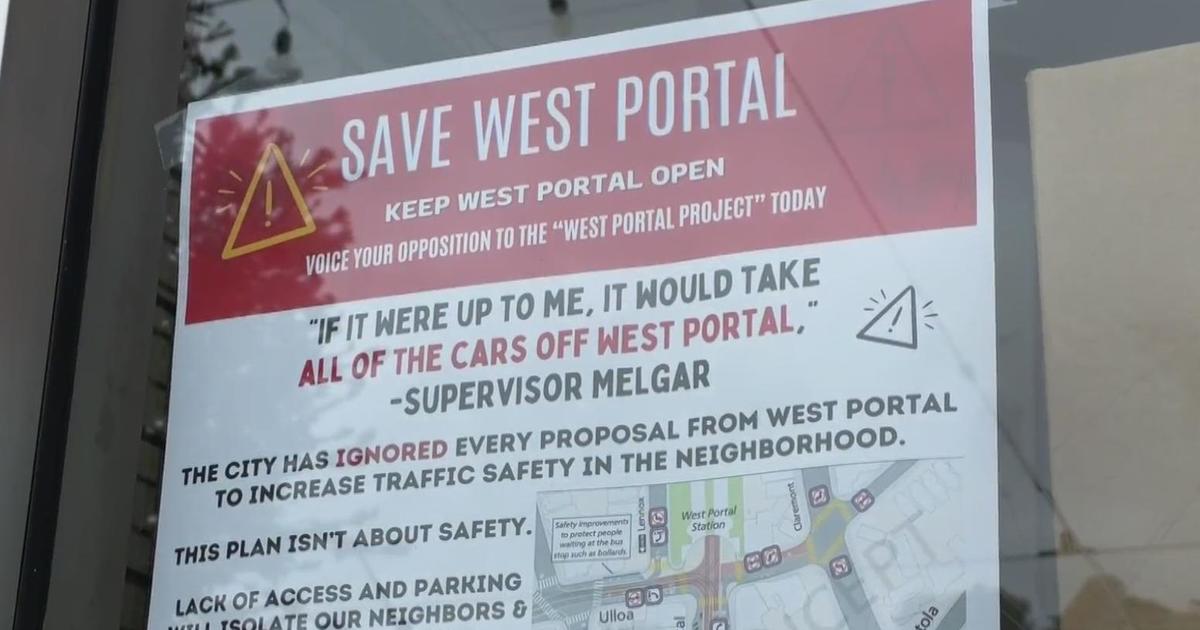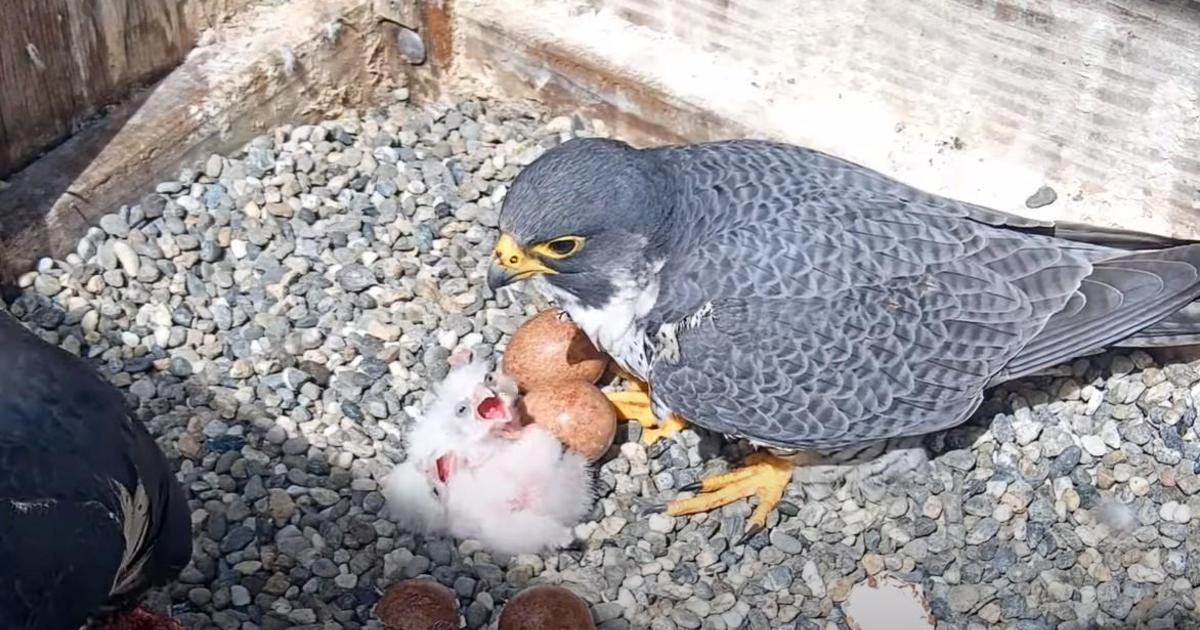Bay Area Family Suing Tesla Blames Son's Death On Nascent Autopilot Technology
SAN LORENZO (KPIX) -- A Bay Area family is the latest to sue Tesla, after a Model 3 with Autopilot engaged, collided with the family's Ford pickup truck, killing their 15-year-old son, Jovani Maldonado.
Benjamin Maldonado and Adriana Garcia, of San Lorenzo, filed a lawsuit against Tesla and the driver, Romeo Lagman Yalung, from Newark, over the August 2019 crash, as first reported in The New York Times.
The crash, which occurred just four miles from the Tesla's factory in Fremont, was captured on dash cam video. In a 6-second clip provided by The Swanson Law Group, the footage and electronic vehicle data from the Model 3 shows the Tesla was traveling at 69mph, briefly sped up to 70mph, then slowed moments before impact. The pickup was changing lanes to the right, but then corrected to the left, before the crash. The force of the collision caused the truck to flip, ejecting Jovani. The teen died at the scene.
The lawsuit, filed in Alameda County Superior Court, accuses Tesla and the driver of strict product liability, negligent product liability, motor vehicle negligence, negligent infliction of emotional distress, and wrongful death.
"Tesla conferring to their customers a false sense of security that Autopilot has autonomous functionality or is otherwise safe in all traffic conditions, misleadingly promotes the functionality, safety and autonomy of Autopilot," according to the lawsuit.
"On the one hand, it's okay to make billions of dollars off of a term like 'Autopilot.' But when it comes to someone dying as a result of that Autopilot, they switch gears and call it 'cruise control,'" said Ben Swanson, the Maldonado family's attorney.
Ryan McCarthy, Tesla in-house attorney, wrote several emails in response to inquiries from Swanson and co-counsel Greg Schaffer.
"Our vehicle did as instructed by the driver, detected your client's car, and slowed in an attempt to mitigate the impact. The crash was due to the two drivers' negligence," wrote McCarthy. "The driver is responsible for the safe operation of the car at all times. Autopilot is a driver assistance feature, it's not 'driving the car'."
"Tesla shouldn't have to spend money defending baseless claims like these," said McCarthy.
"But what they're also going to do on the other hand is say that the car performed exactly as it was supposed to on Autopilot. So they want to say on one hand, that the conduct that they are taking over, the car acted appropriately. But on the other hand, they want to blame the driver for hitting that Autopilot button in the first place. They want to have it both ways," said Schaffer.
The lawsuit is being made public as Tesla CEO Elon Musk tweeted Saturday that "Generalized self driving is a hard problem."
Professor Ahmed Banafa, an expert in IoT and AI at San Jose State, applauded Musk for acknowledging the challenges of developing self-driving vehicles.
"For me when when he admitted it, I said 'OK, thank you.' Now, we are on the same page, so let's go to the next level, which is, let's fix this," said Banafa.
Banafa said Tesla's marketing of Autopilot is misleading, causing consumers to become overconfident in the technology. On the Society of Automotive Engineers 5-stages of Automation Levels, Banafa argued Tesla is at Level 2 Partial Automation, which dictates the "driver must remain engaged with the driving task and monitor the environment at all times".
"It's just the overtrust that we have on the technology. It's too early for that technology," said Banafa.
"We also believe that our work will help keep the public safer," said Schaffer.
"Hopefully we live in a culture now that not only moves forward with tech, but also takes responsibility for some of the wreckage and carnage that it's left behind," said Swanson.
Tesla did not respond to a request for comment.



